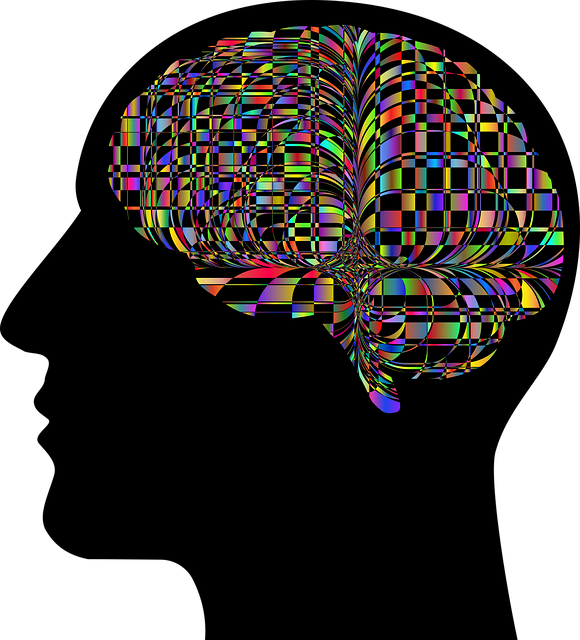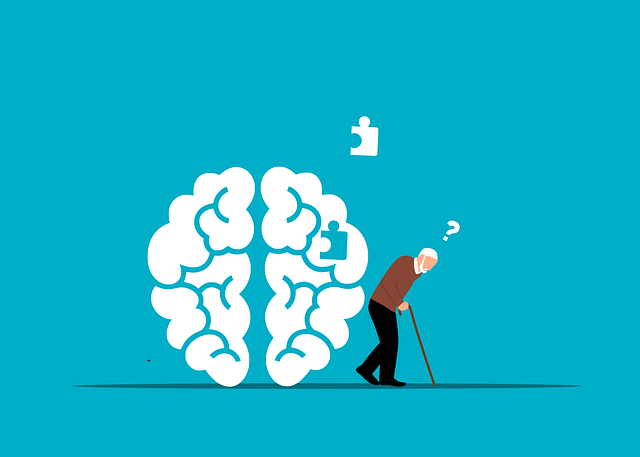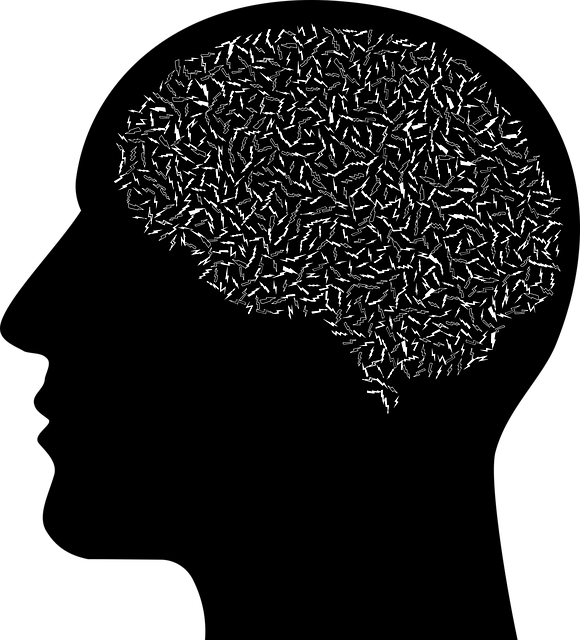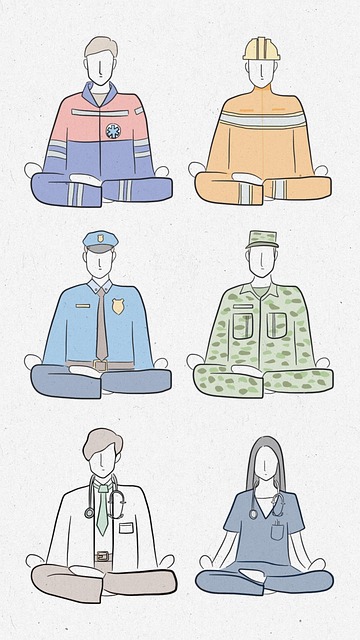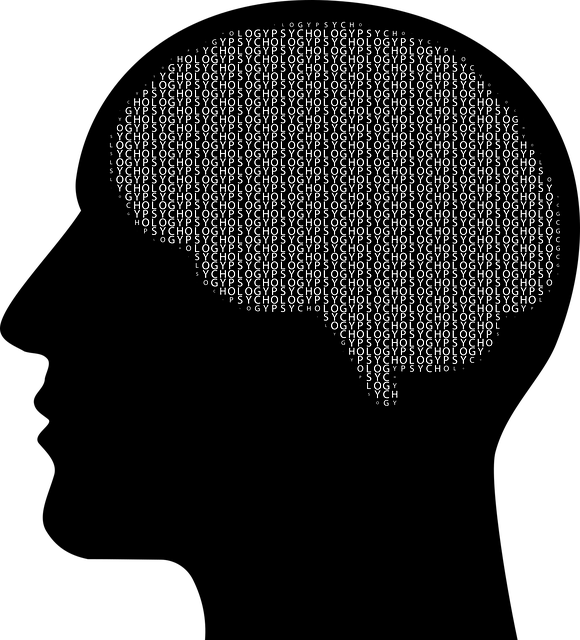Dissociative Disorder (DD) is a complex mental health condition rooted in trauma, causing disconnection from reality, memory lapses, and emotional turmoil. Effective support systems for Adult Dissociative Disorder (ADD) rely on specialized self-assessment tools targeting symptoms like altered identity and memory issues, enabling tailored interventions. Therapy techniques such as Cognitive Behavioral Therapy (CBT) and mindfulness practices enhance these assessments by providing deeper insights into emotional healing processes. Rigorously validated self-assessment tools facilitate early detection and personalized treatment plans for DD, including Stress Reduction Methods and Burnout Prevention Strategies, ultimately promoting mental wellness.
Mental wellness self-assessment tools play a pivotal role in identifying and managing conditions like dissociative disorder. This article delves into the development of such tools, focusing on adult dissociative disorder. We explore the impact of this condition on mental wellness and highlight the need for effective assessment. Through examining established therapy techniques, we propose frameworks that combine therapeutic insights with self-assessment, offering a comprehensive approach to support individuals affected by dissociative disorder. Additionally, we discuss development, validation, and implementation strategies for these innovative tools, emphasizing their potential in enhancing therapy for adults with dissociative disorder.
- Understanding Dissociative Disorder and Its Impact on Mental Wellness
- Identifying Self-Assessment Tools for Adult Dissociative Disorder
- Incorporating Therapy Techniques into Self-Assessment Frameworks
- Development, Validation, and Implementation of Effective Self-Assessment Tools
Understanding Dissociative Disorder and Its Impact on Mental Wellness

Dissociative Disorder (DD) is a complex mental health condition that significantly impacts an individual’s sense of self and overall mental wellness. It involves a disconnection from reality, where individuals may experience altered states of consciousness, memory lapses, and feelings of detachment from their thoughts, emotions, or physical bodies. This disorder often arises as a coping mechanism in response to severe trauma, allowing the mind to create a sense of survival by separating itself from distressing experiences. As such, DD can lead to profound emotional turmoil and social isolation if left unaddressed.
The impact on mental wellness is far-reaching, affecting mood management, interpersonal relationships, and overall quality of life. Individuals with Dissociative Disorder may struggle with maintaining a stable sense of self, which can result in feelings of confusion, disorientation, and even depression or anxiety. Therapy for Adults with Dissociative Disorder often focuses on trauma resolution, reintegration of dissociated memories, and the development of empathy-building strategies to foster deeper connections with oneself and others. Mind over matter principles and various mindfulness practices are integral to these therapeutic approaches, helping individuals regain a sense of control and improve their overall mental wellness journey.
Identifying Self-Assessment Tools for Adult Dissociative Disorder

Identifying effective self-assessment tools is a crucial step in developing support systems for Adult Dissociative Disorder (ADD). This complex mental health condition often requires tailored interventions, and self-assessments play a vital role in both therapy for adults with ADD and overall treatment planning. Specialized questionnaires and metrics can help individuals gain insights into their symptoms, triggers, and coping mechanisms, fostering better understanding and self-care routine development for better mental health.
Among the various tools available, some assessments are particularly designed to target core features of ADD, such as altered identity, memory lapses, and dissociation. These instruments often incorporate questions related to daily functioning, emotional regulation, and social skills training. By utilizing evidence-based self-assessment methods, therapists can accurately evaluate an individual’s experiences, pinpoint specific challenges, and offer targeted interventions, ultimately contributing to improved anxiety relief and overall well-being.
Incorporating Therapy Techniques into Self-Assessment Frameworks

Incorporating effective therapy techniques into self-assessment frameworks is a strategic move to enhance mental wellness evaluations. These techniques, such as cognitive behavioral therapy (CBT) and mindfulness practices, offer valuable insights into individuals’ emotional healing processes. By integrating these evidence-based approaches, self-assessments can go beyond basic symptom reporting, allowing for a more nuanced understanding of one’s psychological state. For instance, in treating adults with dissociative disorders, CBT techniques aid in identifying and modifying unhealthy thought patterns, while mindfulness exercises help improve present-moment awareness, crucial aspects of recovery.
This collaborative approach not only strengthens the assessment tools but also prepares healthcare providers for effective risk management. As mental health professionals, being adept at recognizing and addressing complex emotional issues is essential. Therefore, training in cultural competency ensures that these assessments cater to a diverse range of clients, accounting for unique backgrounds and experiences. This holistic consideration enhances the accuracy and applicability of self-assessment frameworks, ultimately promoting better support for individuals navigating their mental wellness journeys.
Development, Validation, and Implementation of Effective Self-Assessment Tools

The development of effective self-assessment tools is a meticulous process that requires careful consideration and collaboration between mental health experts and researchers. These tools, designed to evaluate an individual’s mental wellness, play a pivotal role in early detection, personalized treatment plans, and overall therapeutic outcomes. The initial step involves extensive research and consultation with professionals to identify key indicators of mental health concerns, such as those prevalent in Therapy for Adults Dissociative Disorder. This stage is crucial for ensuring the tool’s validity and reliability, aligning with established psychological frameworks.
Validation processes include pilot testing, where a select group provides feedback, and statistical analyses to confirm accuracy and reliability. Once validated, these self-assessment tools can be seamlessly integrated into clinical settings, enabling mental health professionals to efficiently assess patients. Moreover, they can facilitate personalized interventions, including Stress Reduction Methods and Burnout Prevention Strategies for Healthcare Providers, by providing data-driven insights tailored to individual needs. Effective implementation ensures that the tools become valuable resources in promoting and maintaining mental wellness.
The development of comprehensive self-assessment tools is a significant step forward in addressing Adult Dissociative Disorder (ADD). By integrating insights from understanding dissociative disorders and utilizing effective therapy techniques, these tools empower individuals to assess their mental wellness proactively. As recognized by professionals, early identification and intervention are crucial for managing ADD symptoms effectively. With continuous research and validation, self-assessment frameworks can become valuable resources in the therapeutic journey, offering guidance and support tailored to the unique needs of those navigating dissociative experiences. This innovative approach paves the way for enhanced therapy for adults with ADD, fostering better mental wellness outcomes.


